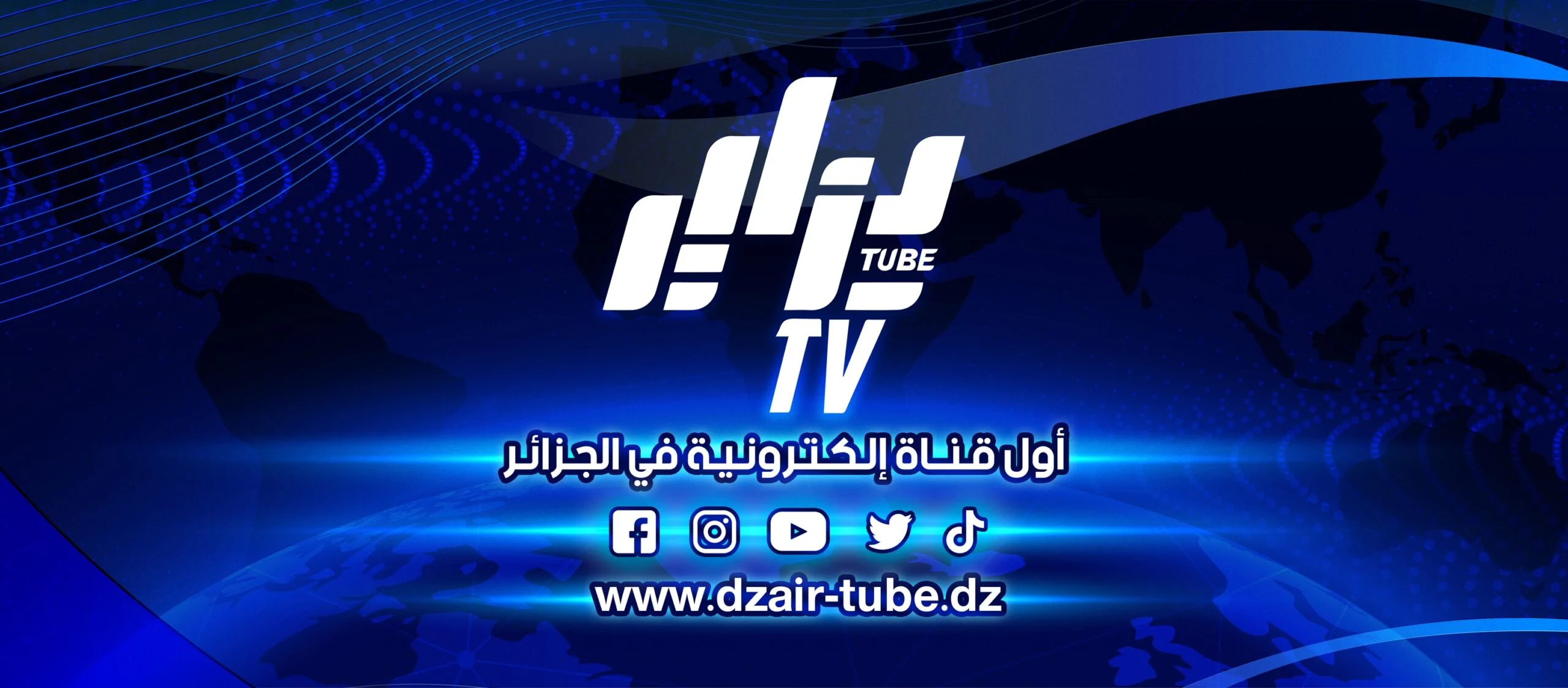“Xavier Driencourt’s Delusional Outburst: A Colonial Echo Masked as Cultural Concern”
✍️ BY: Ahmed Hamdani
Translated with adaptation by: Dr. Hana Saada
Algiers – October 2025 – In yet another display of post-colonial nostalgia and intellectual arrogance, former French ambassador to Algeria, Xavier Driencourt, has launched a new tirade dripping with contradictions, paranoia, and a paternalistic tone that reeks of colonial residue. In his latest remarks, the retired diplomat accused the United States and the United Kingdom of “colluding” with “the Algerian government, the army, and Islamists alike” in what he described as a concerted effort to erase the French language and culture from Algeria and replace them with English in education, administration, and public life.
In recent media interviews and French publications, Driencourt alleged that the Algerian authorities are deliberately marginalizing French in favor of both Arabic and English, presenting the latter as a “symbol of modernity and international openness.” He went further, accusing Washington and London of discreetly supporting this linguistic shift for strategic and geopolitical motives — citing embassy social media posts and scholarship programs that encourage young Algerians to study English or pursue education abroad in Anglo-Saxon countries.
Such claims, however, reveal more about Driencourt’s colonial hangover than they do about Algeria’s linguistic policy. His narrative — that of a supposed Anglo-Saxon conspiracy — is less an analysis than a lamentation over the waning of French linguistic hegemony in a region Paris once considered its cultural dominion.
Far from objectivity, Driencourt’s rhetoric betrays a deep-seated nostalgia for a bygone era when French was imposed as the language of the elite and paraded as the exclusive symbol of “civilization.” Yet Algeria’s current trajectory reflects a sovereign cultural and educational reform, anchored in the logic of global integration and knowledge economy — a course determined by national will, not foreign persuasion.
To portray Algeria’s embrace of English as the result of foreign “seduction” is not only patronizing but insulting to the intelligence of the Algerian people. It reduces a sovereign nation’s strategic planning to the level of naïve manipulation — an approach that exposes the French diplomat’s inability to perceive Algeria beyond the narrow prism of Francophone dependency.
Driencourt’s so-called “analysis” is, in truth, a symptom of French anxiety. France’s declining influence across the Maghreb and Africa — linguistically, culturally, and geopolitically — has been met in Paris not with introspection but with rhetorical panic. The former ambassador’s words echo the same defensive posture that once justified cultural paternalism under the guise of “partnership.”
Algeria’s policy, in contrast, is neither anti-French nor ideologically driven. It reflects the global linguistic realignment of the 21st century, where English has become the lingua franca of science, technology, and international cooperation. Even as Algeria broadens its linguistic horizons, French remains taught at all educational levels — but as a foreign language, not a language of tutelage.
Thus, contrary to Driencourt’s feverish imagination, Algeria’s turn toward English is not an act of hostility but a strategic modernization effort. It is a recognition that the world no longer revolves around Paris — and that intellectual sovereignty requires freedom from cultural monopolies masquerading as heritage.
Driencourt’s remarks, drenched in outdated colonial sentiment, illustrate how certain circles in France still view Algeria through the rearview mirror of empire. To accuse a modern, self-determined nation of “colluding” with world powers simply because it chooses to diversify its linguistic landscape is both absurd and revealing.
Ultimately, what Driencourt brands as “conspiracy” is nothing more than France’s fear of irrelevance — the dread that its once-dominant language is steadily losing ground in a region awakening to its own cultural agency. Algeria’s linguistic future will be written by its youth, in the languages of science, economy, and the world — not dictated by those who still believe they own its past.
Source:
https://www.elkhabar.com/nation/دريانكور-يتهّم-واشنطن-ولندن-ب-التواطؤ-مع-الجزائر-265288

📡🌍 | About Dzair Tube Media Group | 🌍📡
━━━━━━━━━━━━━━━━━━━━━━━━━━━━━━━
📰 Dzair Tube is a trailblazer in Algerian digital journalism, delivering high-quality content in Arabic, French, and English. With more than 📈 500,000 daily clicks, it ranks among the most influential media platforms in the country.
🏆 Awarded the President of the Republic’s Prize for Professional Journalist in the Electronic Press category (🗓 October 22, 2022), Dzair Tube is widely recognized for its editorial excellence and integrity.
📱 Massive Digital Reach:
🔴 350,000+ YouTube subscribers
🔵 6 million+ followers across Facebook pages
📸 70,000+ Instagram followers
🎥 Operating from state-of-the-art studios, Dzair Tube broadcasts rich and diverse programming, including:
🗞 News | ⚽ Sports | 🎭 Entertainment | 🕌 Religion | 🎨 Culture
🗣️ Featuring interactive talk shows and exclusive interviews with prominent figures from politics, business, arts, and more, Dzair Tube serves as a key platform for public discourse and civic engagement.
📰 Its print sports daily, “Dzair Sport,” enjoys over 50,000 daily downloads via the official website—further cementing the platform’s multimedia leadership.
🎖️ Honored with the Media Leadership Award by the former Minister of Communication, Mohamed Laâgab, and celebrated at the Hilals of the Television awards, Dzair Tube continues to lead with innovation, influence, and impact.
━━━━━━━━━━━━━━━━━━━━━━━━━━━━━━━
🌐 Stay Connected:
🔗 Website: www.dzair-tube.dz
🔗 English: www.dzair-tube.dz/en
📲 Follow us on Facebook | Instagram | YouTube
━━━━━━━━━━━━━━━━━━━━━━━━━━━━━━━




